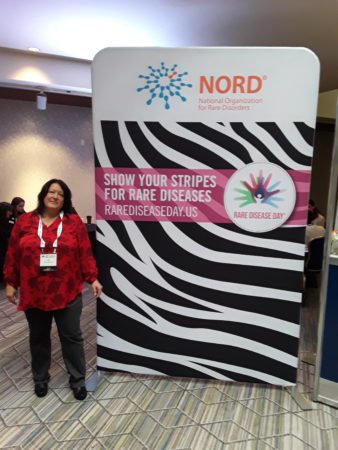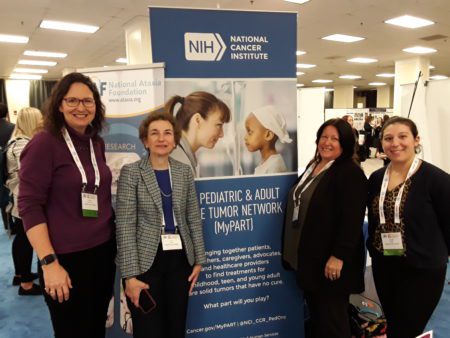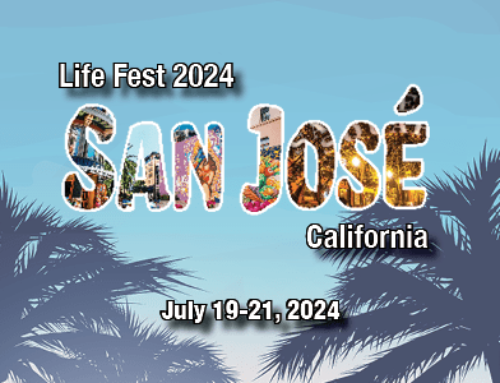
Carolyn Tordella, LRG Communications Department
The National Organization for Rare Disorders (NORD) held a Rare Disease Summit in Washington, D.C. this October hosting several thousand people comprised of patients, advocates, non-profit employees, health providers, IT developers, pharmaceutical staff, physicians and researchers, and representatives from government entities.
The event, entitled “The Rare Disease & Orphan Products Breakthrough Summit” was anchored on the theme “The Time is Now.” Several dozen speakers covering a diverse range of topics which ultimately focused on one thing – results – concerning accelerating research, healthcare legislation, building patient registries, compiling natural histories, and insurance concerns for patients of rare diseases.
New attendees enjoyed a pre-Summit meeting featuring updates on the NORD Board’s impact in 2019 and its plans for 2020. Vanessa Boulanger, Director of Research for NORD shared on the newly launched collaborative projects with the FDA and the Critical Path Institute to standardize patient registries and accelerate rare disease characterization. After these presentations, a networking dinner provided diners an opportunity to discuss topics such as Advancing Research & Innovation, Patient Assistance Programs, Working with NORD for Disease Education, and Managing Patient Registries.
The Summit’s keynote speakers included Terry Jo Bichell, Director of the Angelman Biomarkers and Outcome Measures Alliance, and Karen Aich of Lysogene, who shared their respective stories of their children’s diagnoses, and how they devoted their lives as full-time researchers and biotech developers to find a cure and Alex Azar, U.S. Secretary, Health and Human Services who spoke about the President’s healthcare concerns.

Meeting up with LRG Partners from the NIH National Cancer Institute representing MyPART (Pediatric & Adult Rare Tumor Network at the NORD Summit. Left to right: Karlyne Reilly, Abby Sandler, Carolyn Tordella, and Christina Vivelo.
Breakout sessions included: Rare Disease Advisory Councils: A Unified Voice Driving Progress, The Ethics, Impact and Ownership of Patient Registries and Natural History Studies, Overcoming Challenges for Patients and Manufacturers in Gene Therapy, Social Determinants of Health in Rare Diseases, and Fostering Dialogue and Developing Partnerships Among Payers, Providers, and Patients.
For The LRG, the takeaway is confirmation of the importance of the patient perspective, the power of patient advocacy and empowerment through information, and the impact of patient registry data on research. The diseases may vary greatly but the challenges and roadblocks posed by all rare diseases are similar. Noting how far we’ve come is encouraging, and realizing how far we’ve still to go can feel intimidating, but it is hopeful that organizations like NORD and major players like the FDA and other stakeholders are advocating and collectively making our voices heard so that we can work toward characterizing our rare diseases, hearing patients stories and natural histories, and using real word evidence to expand treatment options and work towards a cure.




